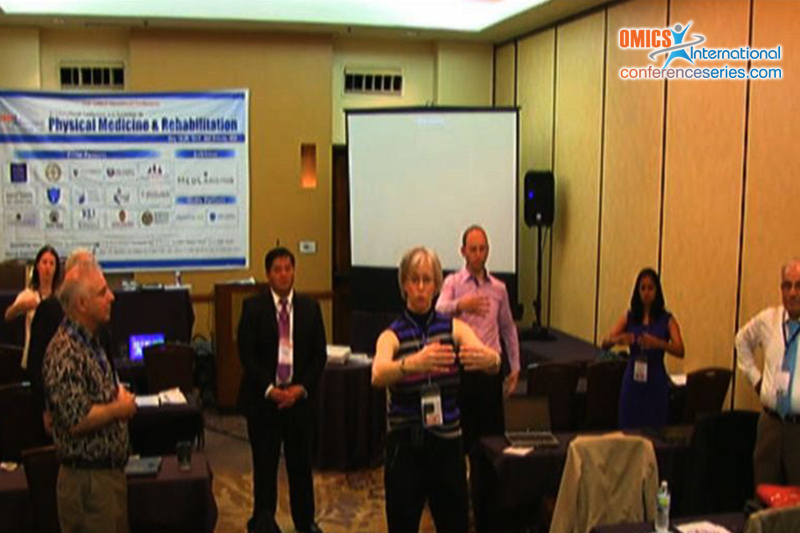
Biography
Biography: Hilde Krans Schreuder
Abstract
Between May 2000 and October 2008, 22 patients from the University Medical Center Groningen (The Netherlands) underwent amputation of a non-functional limb because of longstanding and therapy-resistant CRPS-Ι. A study was started to gain insight in consequences of an amputation on pain, participation in daily life activities, quality of life, use of prosthesis and risk of recurrence in patients with longstanding, therapy resistant Complex Regional Pain Syndrome type I (CRPS-Ι). All patients were interviewed through a semi-structured interview and underwent a physical examination. Main outcome measures were: Pain, perceived changes after amputation, participation in daily life activities, quality of life, use of prosthesis, recurrence of CRPS-I. Twenty patients (95%) reported an improvement of their lives. Nineteen patients (90%) reported a reduction in pain, 17 patients (81%) reported an improvement of mobility and 14 (67%) reported an improvement in sleep. Quality of life was rated as good by 14 patients. Reconsidering, 18 out of 21 patients would again choose to undergo an amputation. Ten of the 15 lower limb amputees and 1 of the 6 upper limb amputees regularly used a prosthesis. There was a recurrence of CRPS-Ι in the residual limb of 3 patients (14%) and (recurrence of) symptoms were reported in another limb for 2 patients (10%). Conclusions: Amputation may positively contribute to the lives of patients with longstanding, therapy-resistant CRPS-Ι. Use of a prosthesis is likely for lower limb amputees. Risk of recurrence of CRPS-I was 24%.


